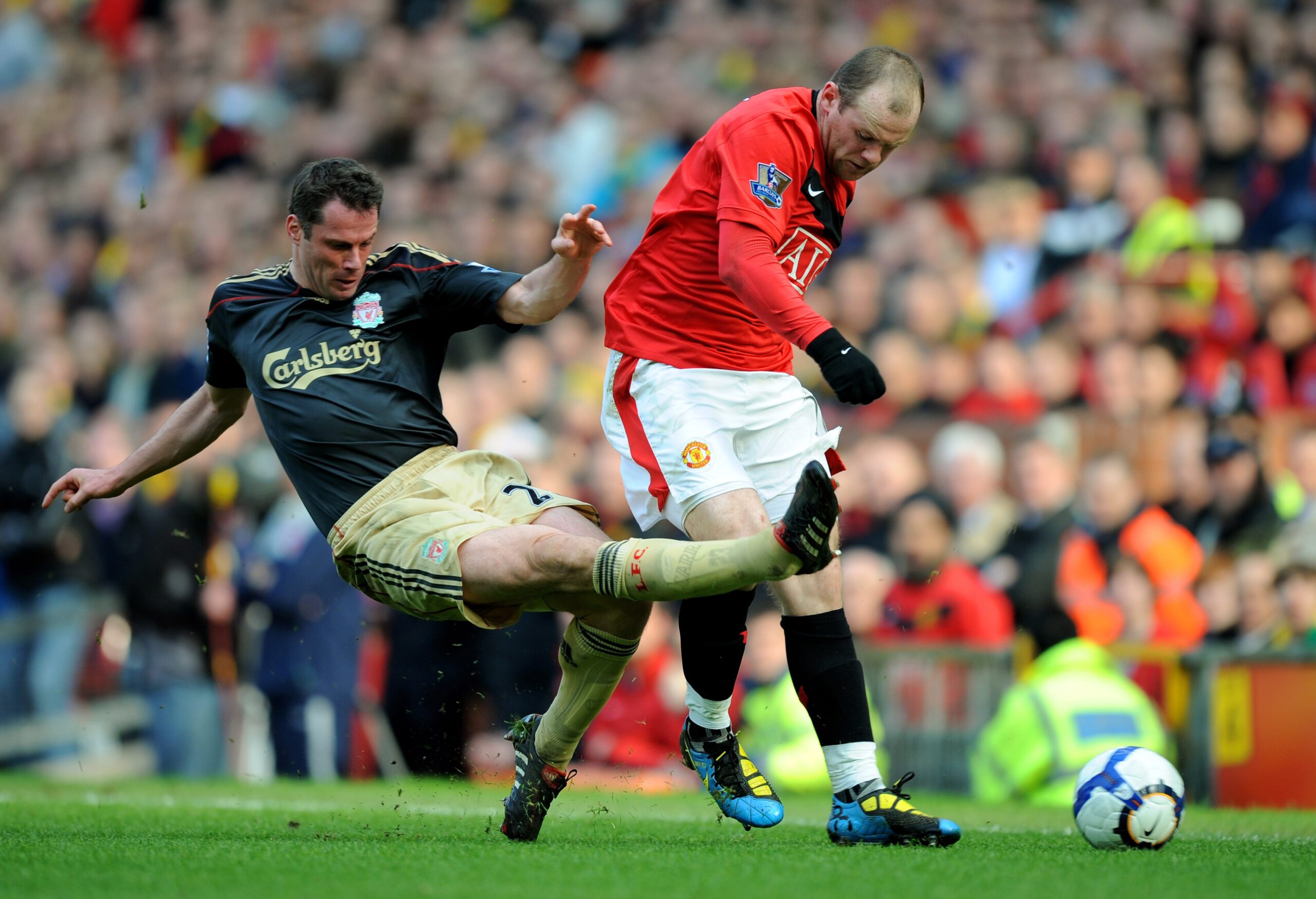The rivalry between Manchester United and Liverpool is considered one of the most intense in English football history. The two clubs have a long-standing history dating back to the late 19th century and have achieved great success domestically and in European competitions. Manchester United and Liverpool have contrasting playing styles, with United known for their attacking flair and Liverpool favoring a high-pressing game. The fixture between the two teams has produced many memorable matches, and both clubs have massive global fan bases. The rivalry has also had its fair share of controversies, but it is ultimately based on mutual respect and competitiveness.
Manchester United vs. Liverpool: The English Premier League’s Biggest Rivalry
Introduction
The rivalry between Manchester United and Liverpool is widely considered as one of the most heated and intense rivalries in the history of English football. The two clubs have a long-standing history dating back to the late 19th century, and their matches have always captivated football fans around the world. Let’s delve into the various aspects of this iconic rivalry.
Historical Background
Both Manchester United and Liverpool have rich histories and traditions. Manchester United was formed in 1878 as Newton Heath LYR Football Club and later changed its name to Manchester United in 1902. Liverpool, on the other hand, was established in 1892. Both clubs have enjoyed immense success domestically and in European competitions, creating a foundation for their rivalry to flourish.
On-field Success
Manchester United and Liverpool are undoubtedly two of the most successful clubs in English football. They have accumulated numerous domestic league titles, FA Cups, League Cups, and European trophies over the years. As of 2021, Manchester United has won 20 Premier League titles, while Liverpool has secured 19, making their duels for the league title even more engaging.
Style of Play
The playing styles of Manchester United and Liverpool have often been characterized by contrasting philosophies. Manchester United, under legendary manager Sir Alex Ferguson, was known for their attacking flair, quick counter-attacks, and cultured midfield play. Liverpool, historically, has favored a high-pressing game and emphasized teamwork and collective effort.
Famous Matches
The fixture between Manchester United and Liverpool has produced numerous memorable encounters over the years. The 1999 FA Cup fourth-round tie stands out when United secured an incredible 2-1 victory with goals in injury time. The 2008/2009 Premier League season witnessed two fiercely contested matches; Liverpool won 2-1 at home, while United secured a crucial 3-2 victory at Old Trafford.
Supporter Base
Both clubs boast a massive global fan base, and their matches are fervently followed by millions around the world. Manchester United enjoys immense popularity across Asia, whereas Liverpool has a strong fan following in parts of Europe. The passion and loyalty of their supporters contribute to the intensity of the rivalry.
Off-field Controversies
Throughout history, there have been instances where the rivalry has spilled over into controversy. Heated clashes on and off the pitch, battles for player signings, and managerial mind games have added fuel to the fire, elevating the rivalry to new heights. However, it is crucial to remember that the rivalry, at its core, is based on mutual respect and genuine competitiveness.
Conclusion
The rivalry between Manchester United and Liverpool is unparalleled in English football. The combination of historical significance, on-field success, contrasting styles of play, passionate supporters, and occasional controversies make it truly extraordinary. It is a fixture that continuously captures the imagination of football fans worldwide, and its significance in the English Premier League cannot be overstated.
